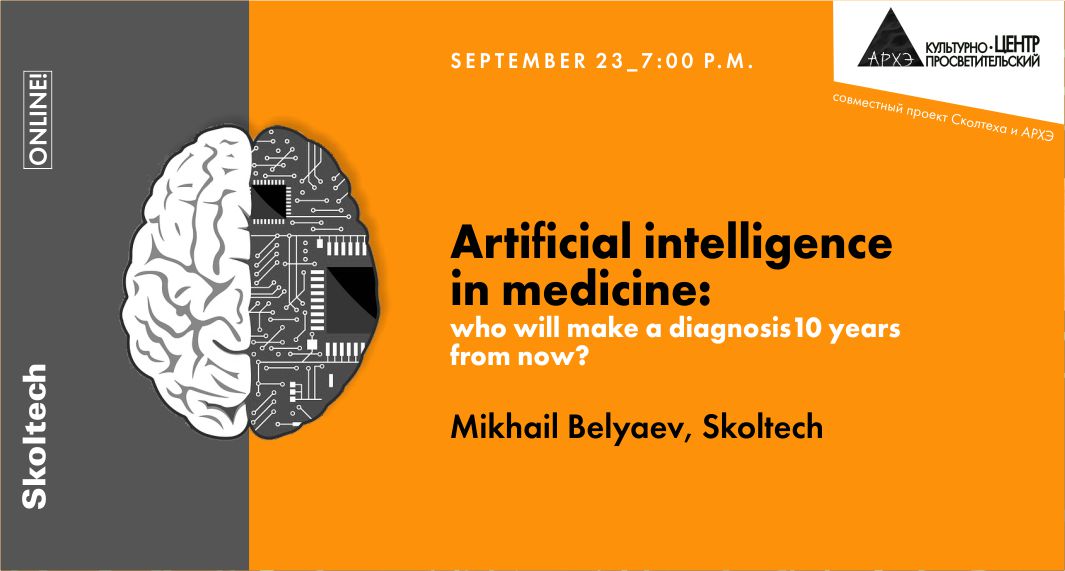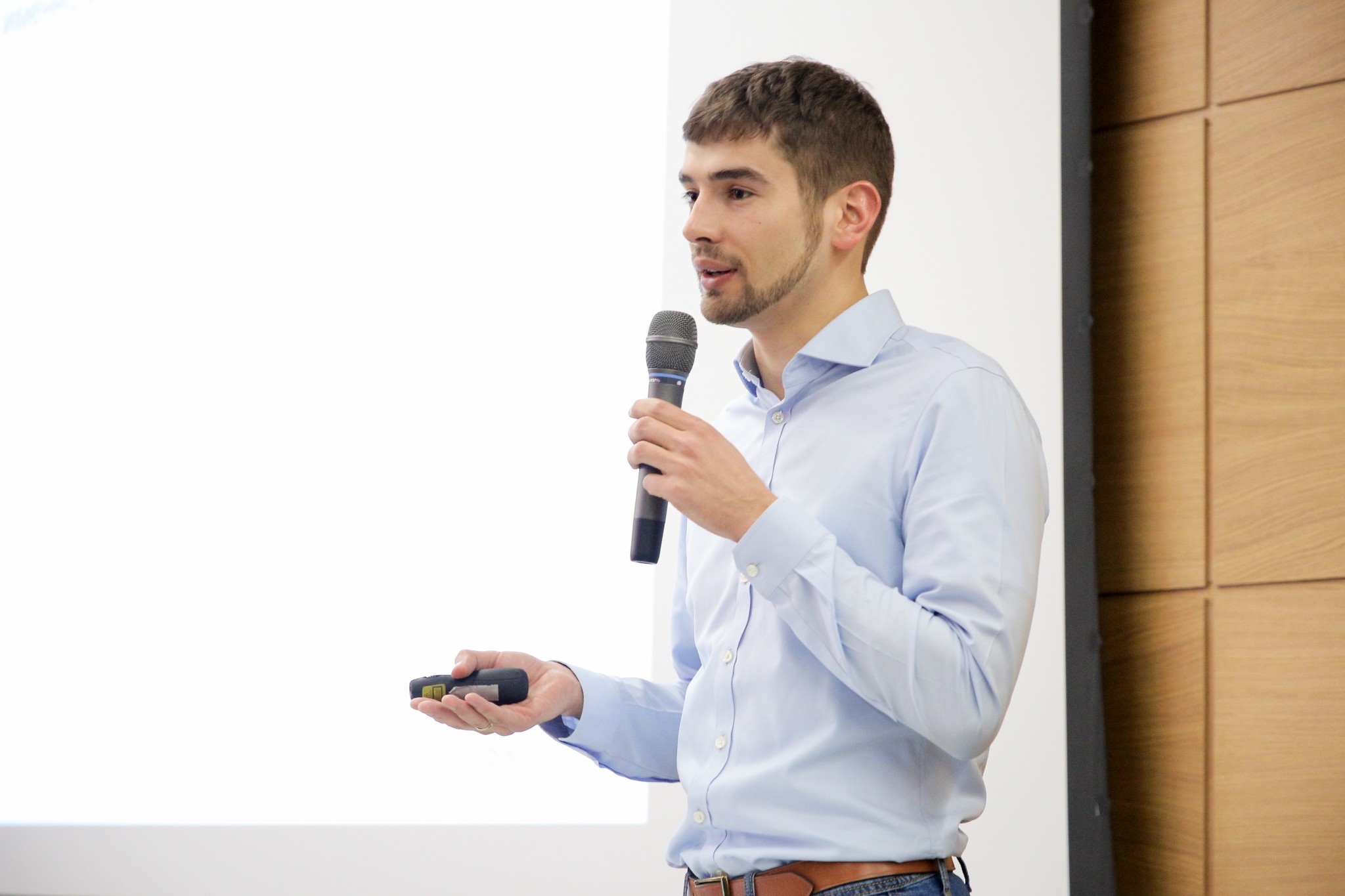Making an online appointment, having test results posted to the personal account or seeing a doctor via Skype no longer strikes big city dwellers as extraordinary. With continuous advancement of technology, AI may soon bring about sweeping changes in medicine.
It is only now that the first AI algorithms dating back to the 1960s start to be used for medical data analysis and automatic diagnosis. AI spends a few seconds on a task that takes dozens of minutes to handle using conventional techniques. Computer vision will soon evolve into a fully functional tool, considering that it already can give a clue about important processes going on in the human system that even an experienced doctor may overlook. Doctors rely on advanced technology to assess damage caused by COVID-19, identify different types of strokes in CT scans and detect early-stage tumors. As machines tend to be trained in much the same way as doctors, AI technologies are becoming increasingly common in medicine despite a lack of confidence in their underlying principles.
Mikhail Belyaev, an assistant professor at Skoltech, will talk about the evolution of AI methods in medicine and recent achievements in the field.
Mikhail Belyaev is an expert in AI and ML with a 10-year track record. Prior to joining Skoltech, he worked for Datadvance where he was involved in the development of customized data analysis algorithms for Airbus, Toyota, Areva and other high-profile customers. Since 2015, Mikhail has been focusing on medical data analysis.


